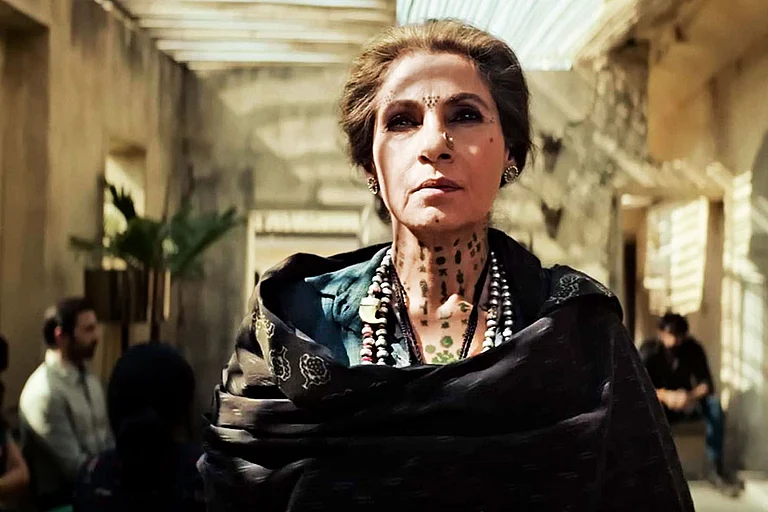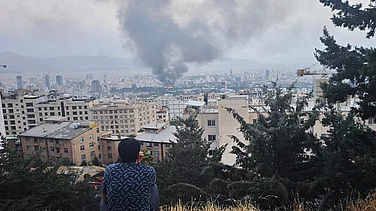Mikhail Gorbachev, the last leader of the Soviet Union, died at 91. Gorbachev waged a losing battle to salvage a crumbling empire but produced extraordinary reforms that led to the end of the Cold War.
Though in power for less than seven years, Gorbachev unleashed a breathtaking series of changes. But they quickly overtook him and resulted in the collapse of the authoritarian Soviet state, the freeing of Eastern European nations from Russian domination and the end of decades of East-West nuclear confrontation.
By the end of his rule, he was powerless to halt the whirlwind he had sown. Yet Gorbachev may have had a greater impact on the second half of the 20th century than any other political figure.
Mikhail Sergeyevich Gorbachev was born March 2, 1931, in the village of Privolnoye in southern Russia.
Who was Mikhail Gorbachev? Here are 10 lesser-known facts about Gorbachev:
- Gorbachev became Soviet leader in March 1985 and he resigned on December 25, 1991. There was little in Gorbachev's childhood to hint at the pivotal role he would play on the world stage. On many levels, he had a typical Soviet upbringing in a typical Russian village.
- Gorbachev won the 1990 Nobel Peace Prize for his role in ending the Cold War and spent his later years collecting accolades and awards from all corners of the world. Yet he was widely despised at home.
- His performance earned him the order of the Red Banner of Labor, an unusual distinction for a 17-year-old. That prize and the party background of his parents helped him land admission in 1950 to the country's top university, Moscow State.
- In a 1992 interview with the media, Gorbachev said, “I see myself as a man who started the reforms that were necessary for the country and for Europe and the world.”
- Russians blamed him for the 1991 implosion of the Soviet Union. His run for president in 1996 was a national joke, and he polled less than 1% of the vote.
- Soon after taking power, Gorbachev began a campaign to end his country's economic and political stagnation, using “glasnost” or openness, to help achieve his goal of “perestroika” or restructuring.
- Gorbachev freed political prisoners, allowed open debate and multi-candidate elections, gave his countrymen freedom to travel, halted religious oppression, reduced nuclear arsenals, established closer ties with the West and did not resist the fall of Communist regimes in Eastern European satellite states.
- In his memoirs, Gorbachev described himself as something of a maverick as he advanced through the party ranks, sometimes bursting out with criticism of the Soviet system and its leaders.
- Gorbachev met his wife, Raisa Maximovna Titorenko, at the Moscow State and joined the Communist Party.
- Gorbachev is survived by a daughter, Irina, and two granddaughters.
(with inputs from agencies)


























